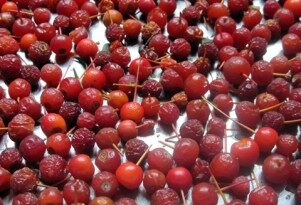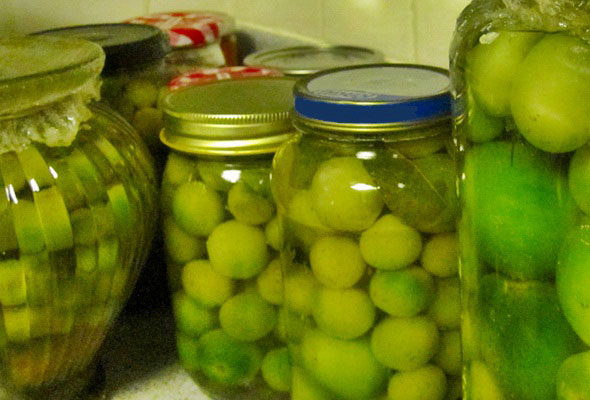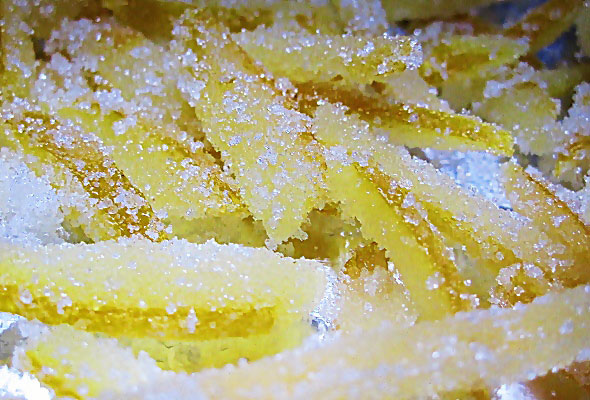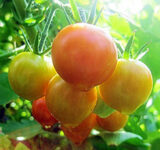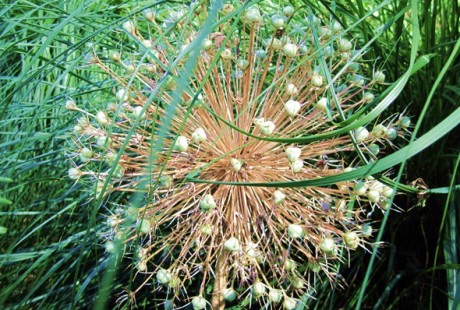working with herbs
Working with herbs is an art and small details in the practice of harvesting and preserving them make the difference between success and failure.
Harvesting:
Always harvest herbs in the morning, right after the dew has dried up but before the heat makes the plants release their volatile oils. Harvest fresh young leaves free of blemishes from areas away from roads and traffic. If you grow herbs for their flowers, always pick the flowers before they fully open. Never harvest plants on rainy days.
Storage:
Set up the plants to dry immediately, unless you want to make infused oil from the fresh plants, in which case you should allow them to wilt for a few hours, to get a good part of the water out of them. The best way to dry herbs is to hang them in bunches upside down in a dry, warm location. The best way to dry flowers is to lay them flat on a window screen, or anything that will allow good air movement under and through, and leave them undisturbed until they are completely dry.
If you have the room, keep the leaves whole, they maintain their medicinal and aromatic properties better that way. Store in dark glass containers or paper bags and never forget to label their contents and the date of harvest, you’d be surprised how much the herbs start to look alike when dried.
You can always make preparations, like infused oils, or tinctures (infusions in glycerin, vinegar or alcohol), for long term storage, but keep in mind that oils have a shelf life of six months at most before they go rancid.
To do so, tightly pack dried up plant material in a jar, cover it with your medium of choice, place the lid on the jar, making sure to place a sheet of plastic wrap to prevent the metal from reacting with the contents and keep it in a sunny window for a month, changing the green material with new one every three or four days in order to obtain a better concentration of active compounds. At the end of the month, strain the medium through a cheese cloth or a coffee filter and store it in a dark glass in a cool dry place. Again, don’t forget to label the container.
Use:
Unless you have specialized equipment to extract the essential oils, the standard method to extract the active compounds from herbs is infusion: teas, tinctures and oils. Teas and tinctures are for internal use, and you should only avail yourself of them if you are a trained herbalist or in the care of one, and only after consulting your physician. Oils are for external use, and will form the base of cosmetic or healing creams and salves.
Some herbs cross over from the medicinal to the kitchen garden, lavender, mint and thyme immediately come to mind, and those are best consumed fresh or as food seasoning.




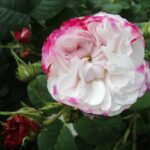 Previous Post
Previous Post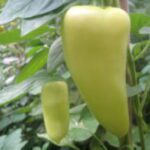 Next Post
Next Post
